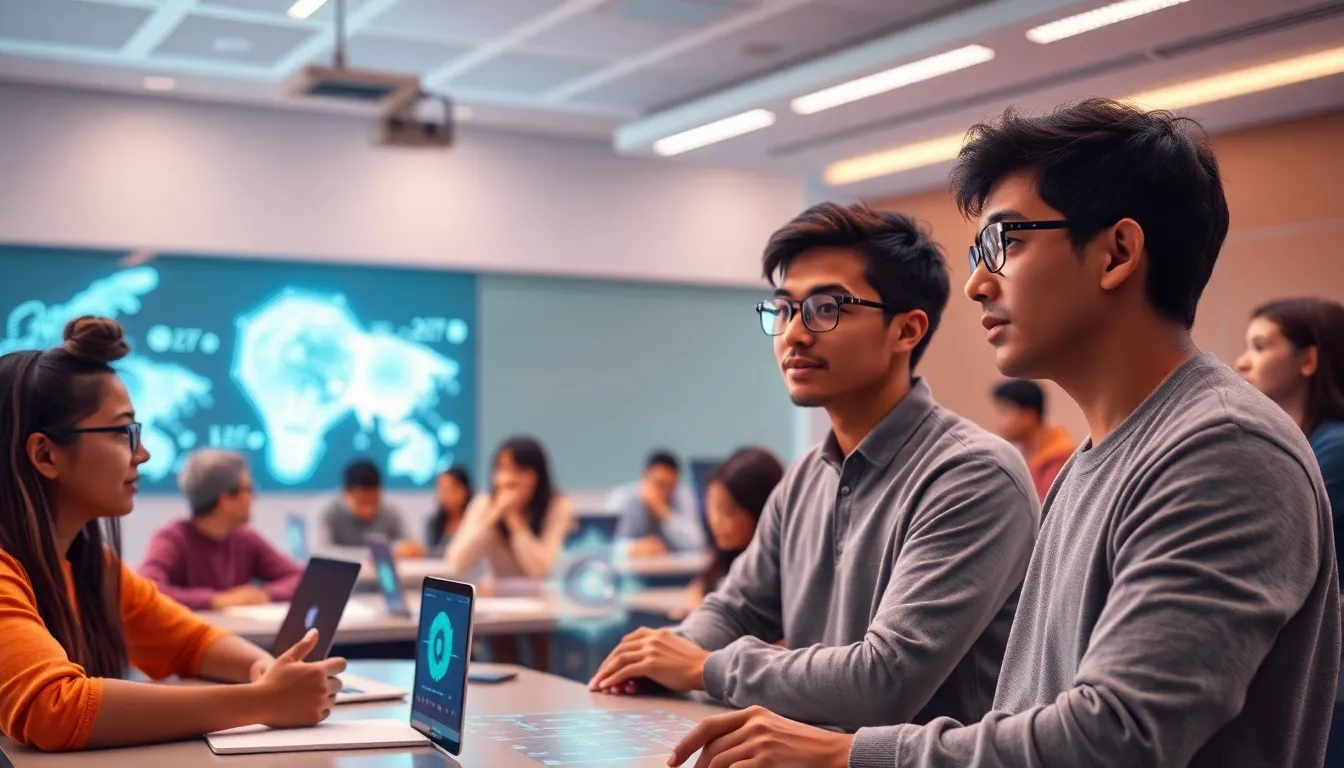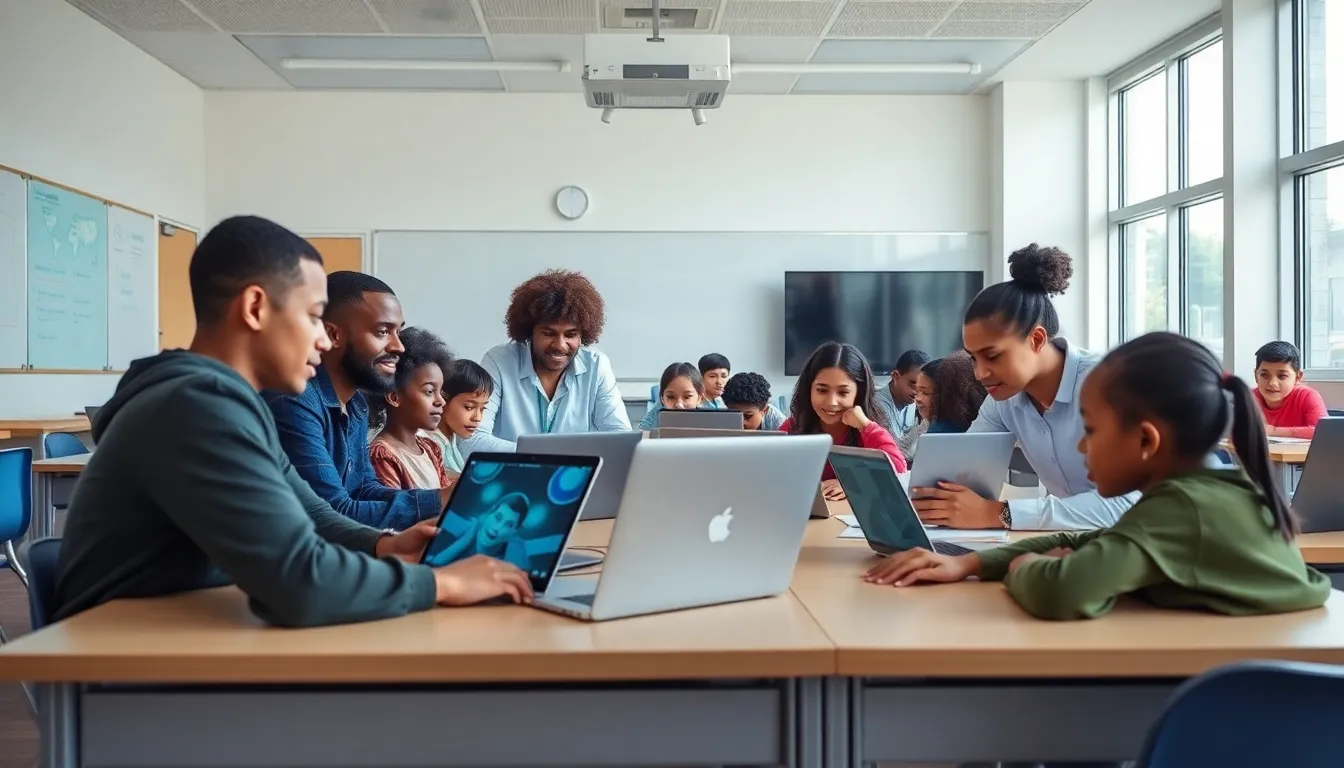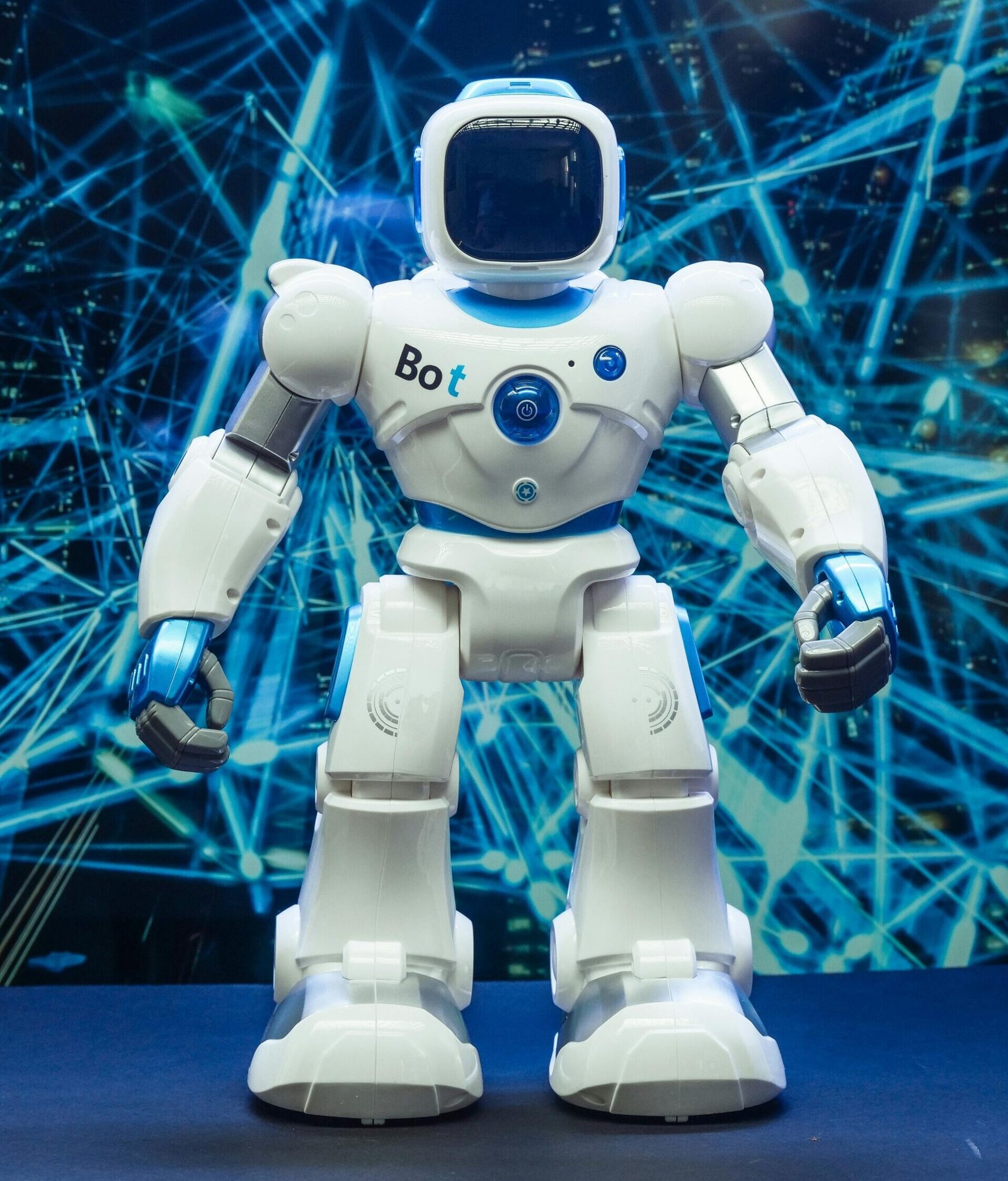Mark Cuban: AI-skilled kids are more likely to become successful adults—they’ll be best equipped to lead, a powerful assertion reinforced by 88% of U.S. teachers who deem AI skills crucial for student success and leadership. This widespread educational consensus highlights AI’s role in fostering creativity and critical thinking, while also emphasizing the critical need to overcome access barriers for equitable skill development.
Key Implications:
- Educational Imperative: AI proficiency is overwhelmingly recognized by educators (88%) and industry leaders as vital for students to achieve future success and leadership roles.
- Cognitive Enhancement: When effectively integrated, AI serves as a powerful tool to augment critical thinking, creativity, and problem-solving, rather than eroding these essential skills, by requiring precise input and critical evaluation of outputs.
- Equitable Access: Overcoming the primary impediment of limited access to AI tools and training is crucial, with significant investments like Samsung’s $2 million initiative planned to equip 500 U.S. schools by 2026 to foster widespread AI literacy.

88% of Teachers See AI Skills as Crucial for Student Success and Leadership
An overwhelming 88% of U.S. public middle and high school teachers recognize AI skills as vital for their students’ future success. This significant finding underscores a growing educational consensus. It also reflects broader perspectives from influential industry figures.
Prominent entrepreneur Mark Cuban unequivocally states that AI-skilled kids are more likely to become successful adults—they’ll ‘be best equipped to lead’. Students who achieve proficiency in artificial intelligence, especially when employing it to augment critical thinking, stand uniquely positioned to emerge as future leaders. This outlook resonates powerfully with a substantial majority of educators.
Fostering Creativity and Collaboration with AI
Students leveraging AI tools are poised to generate superior, more creative outputs. This integration fosters a vital collaborative relationship with technology, an imperative for the modern workplace. Such a dynamic engagement becomes a significant asset in professional development.
Mark Cuban emphasizes that this technological fluency extends beyond task completion. It nurtures innovation and problem-solving capabilities essential for leadership roles. Consequently, mastering AI is not merely about technical skill but about cultivating a forward-thinking mindset. Understanding AI’s demonstrated impact on creative and business fields, delivering 40% faster results and 20% ROI, highlights this profound potential.
AI: Enhancing, Not Replacing, Critical Thinking
The effective application of AI demands sophisticated critical thinking, not its circumvention. Students must learn how to formulate precise questions and provide robust inputs. They must also diligently evaluate AI-generated results to ensure accuracy and relevance.
This methodical approach transforms AI into a powerful augmentation tool for independent thought. It equips individuals with the discernment needed to navigate complex information landscapes. Cultivating these analytical skills is paramount for true mastery and for making informed decisions.
This emphasis on AI’s importance for student development stems from robust research. The Samsung’s Solve for Tomorrow 2025 AI Readiness Study gathered insights from 620 U.S. public middle and high school teachers. Their collective positive outlook confirms the critical role of AI in contemporary education.
The undeniable alignment between educators and leaders like Mark Cuban reveals a clear pathway for student success and leadership. Embracing AI proficiency, rigorously coupled with critical thinking, empowers students to excel and lead confidently in an increasingly AI-driven world.
This future demands adaptability, as 50% of HR executives already utilize AI to hire top talent. Furthermore, valuable guidance from Wharton AI experts offers strategic future job tips, preparing students for evolving career landscapes.

Experts Reframe AI as a Critical Thinking Coach, Not a Crutch
A significant paradox emerges in the discussion surrounding artificial intelligence (AI) in education. While a substantial 81% of U.S. public middle and high school teachers express concern that an over-reliance on AI technology will erode students’ critical-thinking skills, experts present a contrasting perspective (U.S. Public Middle and High School Teachers Survey). These experts advocate for AI’s powerful role as a tool that enhances, rather than replaces, essential cognitive skills when used effectively.
The prevailing sentiment among educators reflects valid concerns about students using AI as a mere crutch. This apprehension stems from the fear that readily available AI-generated answers could bypass the necessary cognitive effort for genuine learning and skill development. However, a deeper understanding reveals AI’s potential as a sophisticated pedagogical instrument.
Psychologist Angela Duckworth, in a May 2025 commencement speech, highlighted AI’s “hidden pedagogical superpower.” She asserted that AI, specifically referring to tools like ChatGPT, “can teach by example” and function effectively as a “coach.” This perspective shifts the focus from passive consumption to active engagement, encouraging students to leverage AI’s capabilities for deeper learning.
AI as a Coach: Developing Future-Ready Skills
The crucial distinction lies between using AI as a passive answer generator and engaging with it as an interactive coach. When students learn prompt engineering and model customization, they develop invaluable skills essential for the future workforce. This active interaction fosters a robust understanding of how AI functions and how to harness its power effectively. Such proficiency aligns with the vision that Mark Cuban: AI-skilled kids are more likely to become successful adults—they’ll ‘be best equipped to lead’. Equipping students with these capabilities prepares them for leadership roles in an increasingly AI-driven world.
Learning to refine queries and adapt AI models requires high-level critical thinking, moving beyond simple information retrieval. For insights into the skills vital for future careers, exploring the intersection of AI and professional development offers valuable context, such as how AI shapes future job tips.
The Imperative of Critical Evaluation with AI
Ultimately, the effectiveness of AI in fostering critical thinking hinges on the student’s ability to evaluate its output actively. Mark Cuban reinforces this, noting that “AI helps students think bigger, but it doesn’t make decisions.” This statement underscores the human element in the loop: students must critically assess AI-generated results, identify biases, and verify accuracy. This rigorous evaluation process strengthens their analytical abilities.
Integrating AI effectively into education, therefore, requires a strategic pedagogical approach. It necessitates teaching students not only how to use AI tools but also how to critically engage with them. This ensures that the technology serves as an accelerator for cognitive development, empowering students to lead and innovate in an evolving landscape where AI boosts productivity across creative and business fields. By embracing AI as a critical thinking coach, educators can prepare students to be the successful, AI-skilled adults that Mark Cuban envisions.

$2 Million Investment to Equip 500 Schools, Overcoming AI Access Barrier
Mark Cuban critically identifies “access” as the primary impediment preventing students from acquiring essential skills in AI tool utilization. This significant barrier limits technical proficiency and obstructs ethical engagement with advanced technologies.
Consequently, the development of future leaders, particularly those best equipped to lead in an AI-driven economy, is severely hindered. Samsung, in collaboration with Mark Cuban and Emma Grede, is initiating a substantial educational investment to counter this challenge.
This powerful partnership seeks to bridge the current gap in AI literacy across the United States. The program aims to ensure equitable learning opportunities for students nationwide, fostering critical future readiness.
The comprehensive initiative will distribute $2 million worth of cutting-edge technology and extensive AI training resources. These vital assets are specifically targeted for deployment in 500 U.S. schools.
The full distribution of these educational tools is strategically scheduled to occur in 2026. This timeframe ensures careful planning and maximizes the program’s long-term impact on educational infrastructure.
Cultivating Future Readiness: The Investment’s Core Purpose
The investment directly addresses the pressing issue of limited access, which Cuban underscores as vital for emerging career pathways. He foresees numerous “jobs left and right” in sectors requiring AI integration and proficiency.
Therefore, enabling AI-skilled kids is a fundamental step towards cultivating successful adults prepared for these evolving roles. This proactive approach ensures a workforce capable of adapting to technological shifts.
Beyond providing essential hardware, the program includes robust, comprehensive training designed for both students and educators. This dual focus ensures that technology is not merely present but actively and effectively utilized within the classroom environment.
The training promotes deep understanding and practical application of AI tools, covering both technical skills and ethical considerations. It prepares participants for real-world challenges in AI integration.
The initiative is proudly integrated into Samsung’s long-standing Solve for Tomorrow program, reflecting a commitment to innovation and educational empowerment. This strategic alignment ensures a holistic approach to technological advancement and skill development.
It concretely demonstrates efforts to equip schools with capabilities crucial for future workforce demands. Ultimately, this significant collaboration ensures students are well-prepared to not only participate but also to genuinely best equipped to lead in the digital age.
Featured image generated using Flux AI
CNBC Make It: “Mark Cuban: AI-skilled kids are more likely to become successful adults—they’ll ‘be best equipped to lead'”
